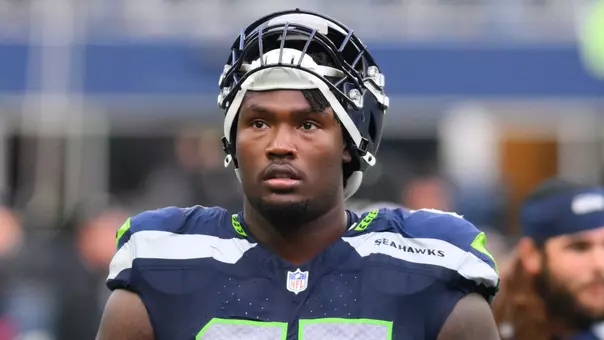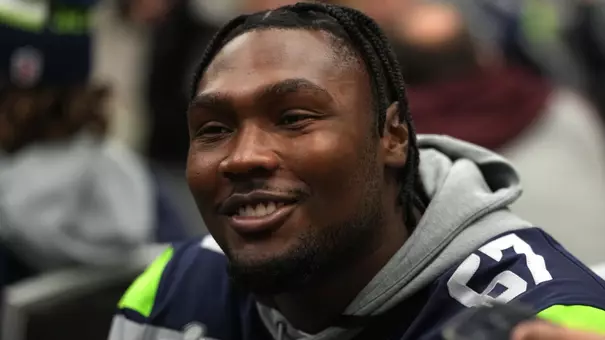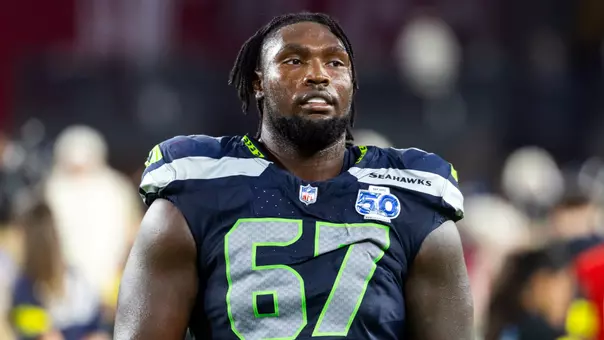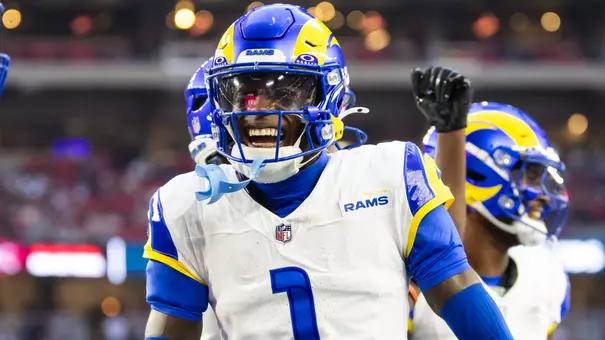Postgame Quotes: Mississippi State at Memphis
September 18, 2021 | Football
Q: Coach, what do you think you saw from Will [Rogers] today and especially late in the ballgame on the two-point conversion?
ML: The two-point conversion, we should have put it in obviously. I just think sometimes he just plays as good as he is coached. I just think sometimes we get conservative on the underneath stuff. I think that there are times you've got to challenge the defense a little more. Of course, statistically, we think a big score in our favor compared to a little score, but statistics don't count for anything. They played smarter than we did, Memphis did. We made one dumb, glaring mistake after the next and couldn't overcome them. We've just got to be a consistent team, and right now, we are not. These guys thrive on people coming in here and pounding on them, and they've been doing it for a long time. I don't think we effectively conveyed that. We tried to but we didn't effectively convey that. That's got to happen. I think Memphis played more mature than we did, which I don't even know exactly what that means, but they were more advanced than we were. Something would go good for us, and we'd try to press. Something would go bad for us, and we want to pout. I may have to reduce more seats on the sidelines. I haven't figured out, but we've got to be a little more engaged than that. Tough teams have the discipline to just focus one play at a time. We focus on spurts. We're explosive when we focus on spurts, and then if the ball bounces funny or whatever and the other team plays smarter than you do, it is going to blow up on you. That's what happened. You got one deal after the next, so yeah, we got to play better.
Q: What was the explanation on the punt return?
ML: Well, I mean the ball is live. Just because you touch it, usually they whistle it. We've got to pick it up and hand it to the referee.
Q: You mentioned after the Louisiana Tech game, your guys letting up a little bit after getting that 14-0 lead. Do you think there is a little bit of that again today after you guys built the lead?
ML: I think there kind of was really on all three sides. The other thing is that I think we make judgments on our schedule and look at it and think how much effort we have to expend in order to beat certain teams. It's one stupid judgement after the next. I think we need to rather than worry about padding ourselves on the back and think about how easy something is going to be, we need to focus on how good we can be if we fully invest in focusing one play at a time.
Q: Speaking of the schedule, next week starts SEC play. What's going to be a big point of emphasis for you this week going into LSU?
ML: Improve.
Q: You get the big pick right at the beginning of the second half and you get down there close – and I know you don't like to kick there. The touchdown probably puts the game away. Kind of take us through your thought process there with going for it rather than kicking a field goal.
ML: I thought we could get it. I still believe we would have gotten it except we rolled the snap back. How the heck do you roll a snap back? I mean we had 83 plays, and of those we had 82 good snaps. I don't know why the heck we wouldn't have a good snap on that one. Keep in mind, if we roll the snap back on the field goal, we're not making that either.
Q: Defensively, what do you think Memphis did that made it a little difficult for your guys in the second half?
ML: Sat and watched us. We had a curious way of executing two plays but then not the third. Executing one play and then getting a really stupid penalty. Say it like this: Sat and watched us self-destruct. That defense doesn't have to stop very much unless an offense executes something. Right now, we are eager guys that are sporadic and excited to practice, excited to make plays, very easily discouraged, want to feel sorry for ourselves, want to create all kinds of scenarios and contexts in our mind which is just clutter. We have to quit doing that.
Q: Seemed like, as the game went on, they were able to get some more pressure on Will and you guys picked up some penalties on the offensive line. How would you assess that unit's performance as the game went on?
ML: I didn't think they got that much pressure. I thought we got penalties, and I am curious to see how they looked. They did sometimes, which everybody is going to sometimes. I think they played like all the rest of us. And then we had guys who would just keep players or would just go invisible. All of a sudden, they're invisible. Well, this doesn't matter so much. I'll get the other guy get it. It's all this baby high school stuff. We've got to get it out of them as coaches.
Q: J.J. Jernighan was playing even before [Jo'quavious] Marks went out. What has he done to earn some more playing time?
ML: He does some good things in practice. I don't think he is there yet, but he does some good things. I think he is going to have a really good future and heck, he might beat those guys out. Based on what I saw today, I don't see any reason to not play Jernighan. I mean, why wouldn't you play Jernighan? If you saw the same game I did, it doesn't hurt you to play Jernighan.
Q: You have obviously been doing this for a while and I am sure there have been a bunch of tough losses along the way like this one. What do you tell the guys afterwards in the locker room to kind of boost the moral?
ML: I always try to be really honest with them and not necessarily 100 percent. It depends. Sometimes you try to boost morale. Sometimes morale doesn't need to be boosted. You need to boost something, but it is not always morale that needs to be boosted. Between now and tomorrow, I am going to figure out what needs to be boosted, and, whether I am right or not, we are going to boost something.
Q: How do you prevent a team from feeling sorry for themselves when a call goes against them and all of a sudden there is this victimization?
ML: Part of it is experience. I think it's experience, and then the more they play the more opportunities you have to hold them accountable for that type of thing. We've got to do best that we can to create an atmosphere of accountability on that sort of thing. The other thing, as we start to develop team leaders, key guys on the team are able to help with that too. When it's coming from the players and the team, I think it is the most powerful. But it's got to start with coaches as far the expectation, what we demand of them. The more the locker room, that's their personality, that's their identity, then the bigger it gets.





